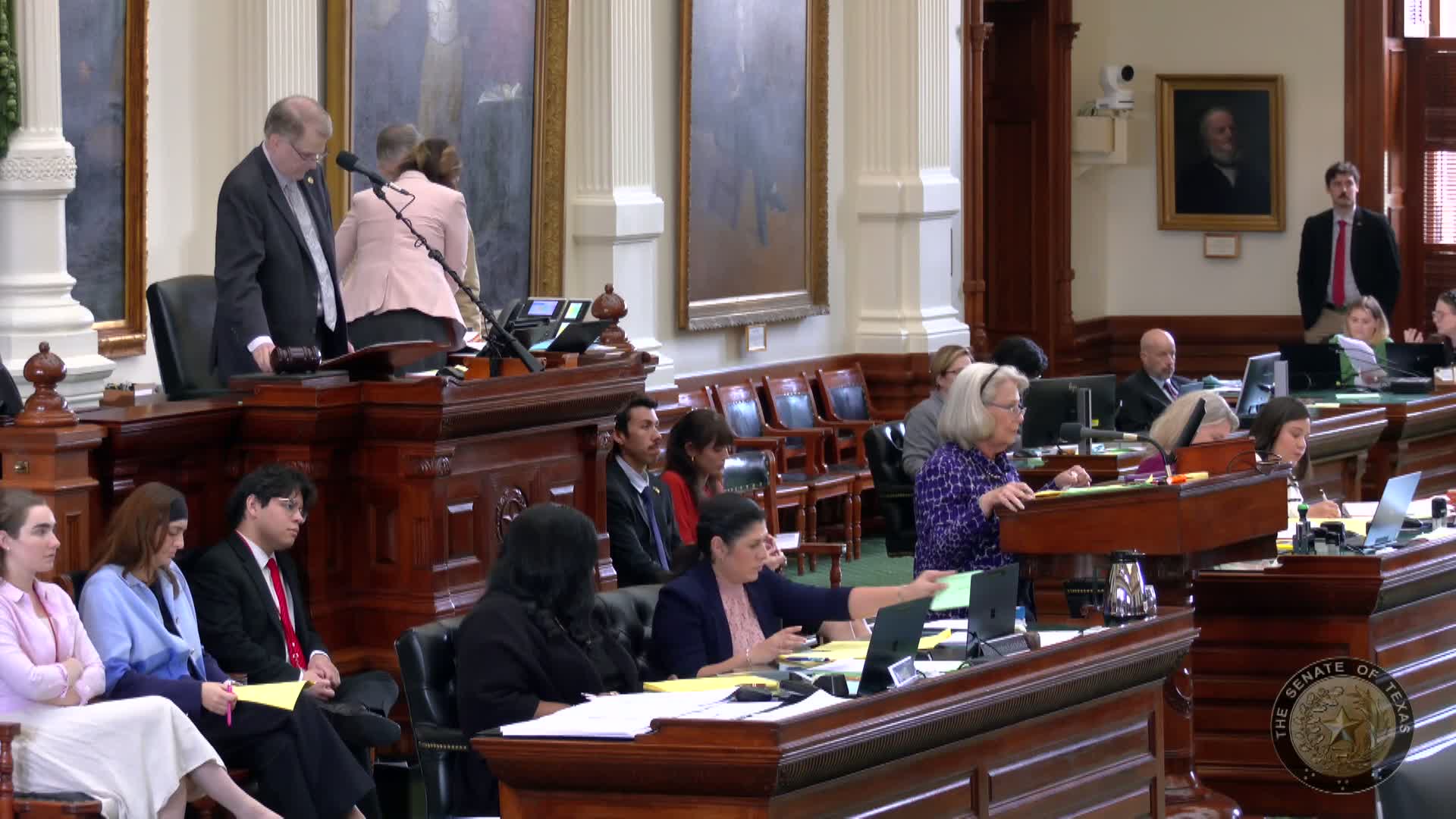Article not found
This article is no longer available. But don't worry—we've gathered other articles that discuss the same topic.
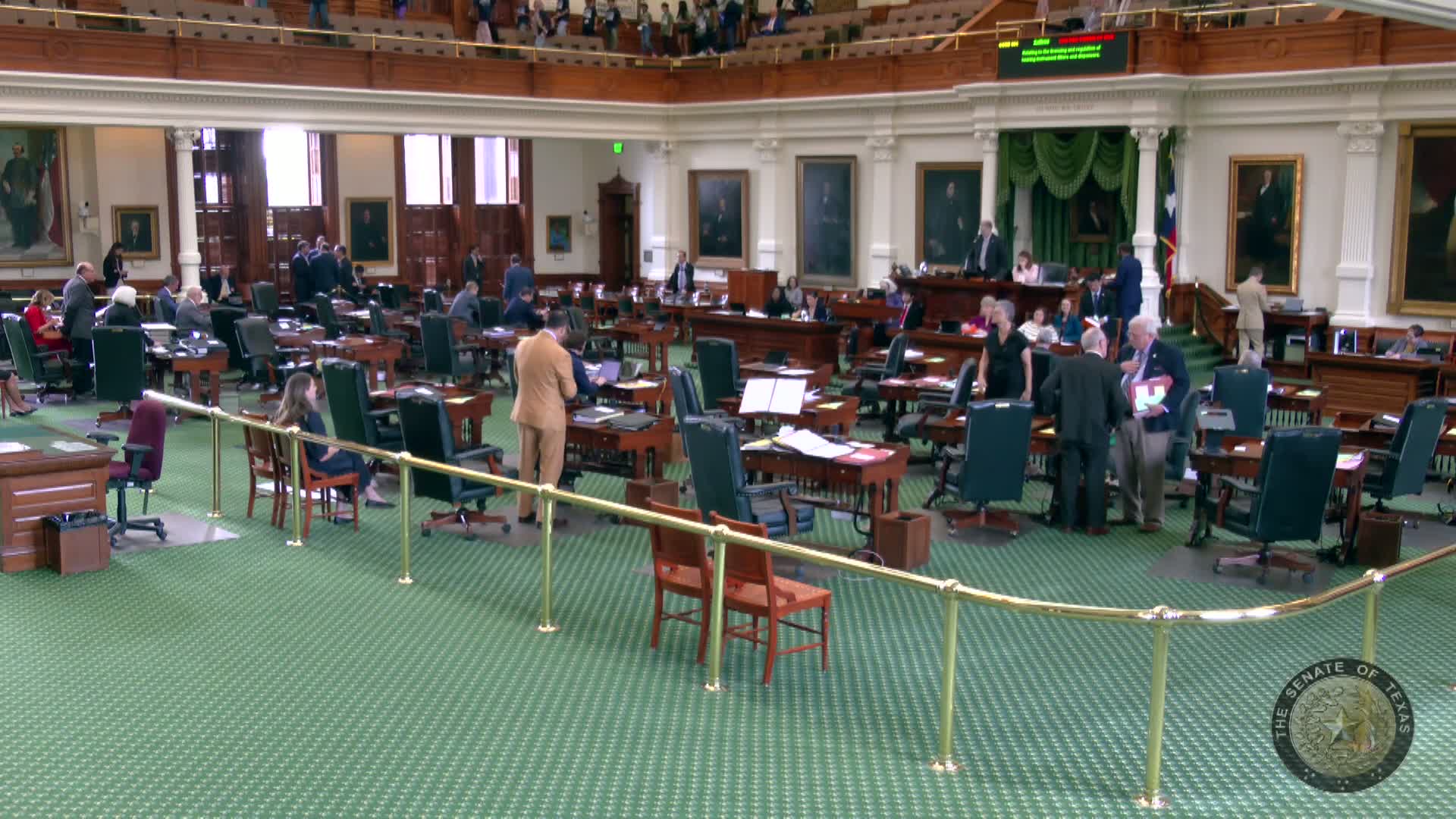
Senate passes cleanup bill to streamline regulation of hearing instrument fitters and dispensers
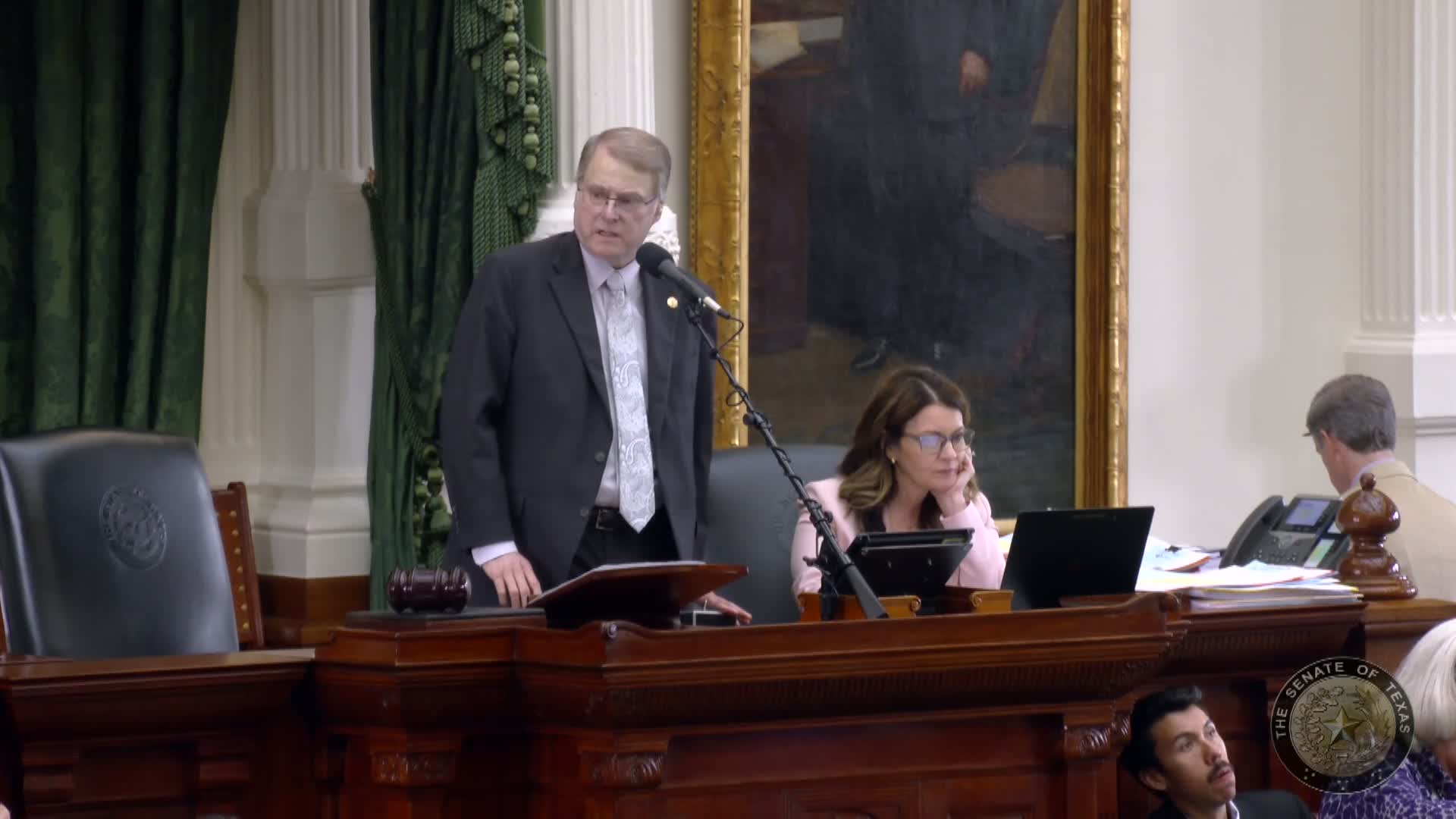
Senate bans payments to medical professionals for referrals to unlicensed group homes
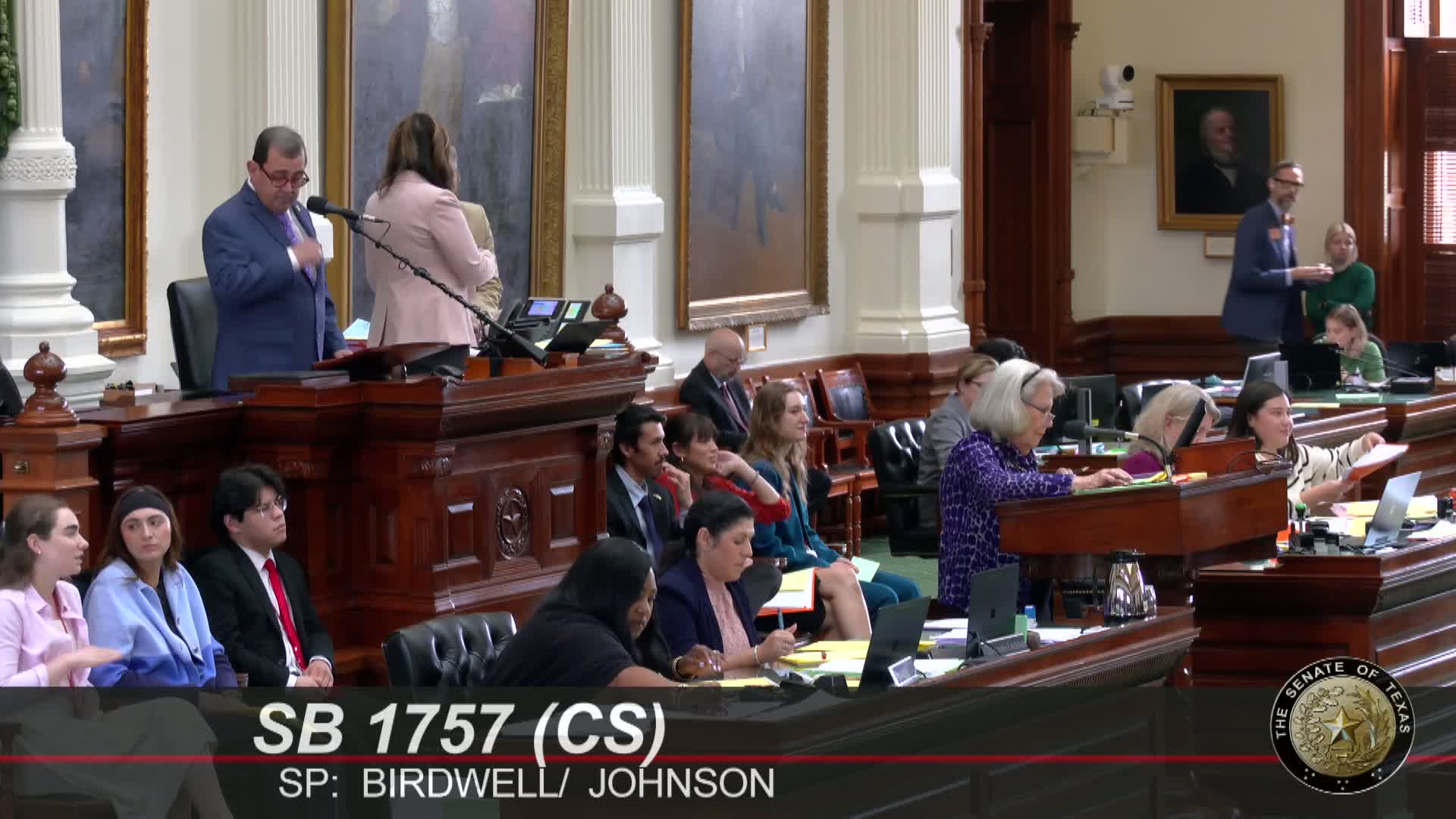
Senate creates optional enhanced-control permits for rock crushing facilities, raises production ceiling
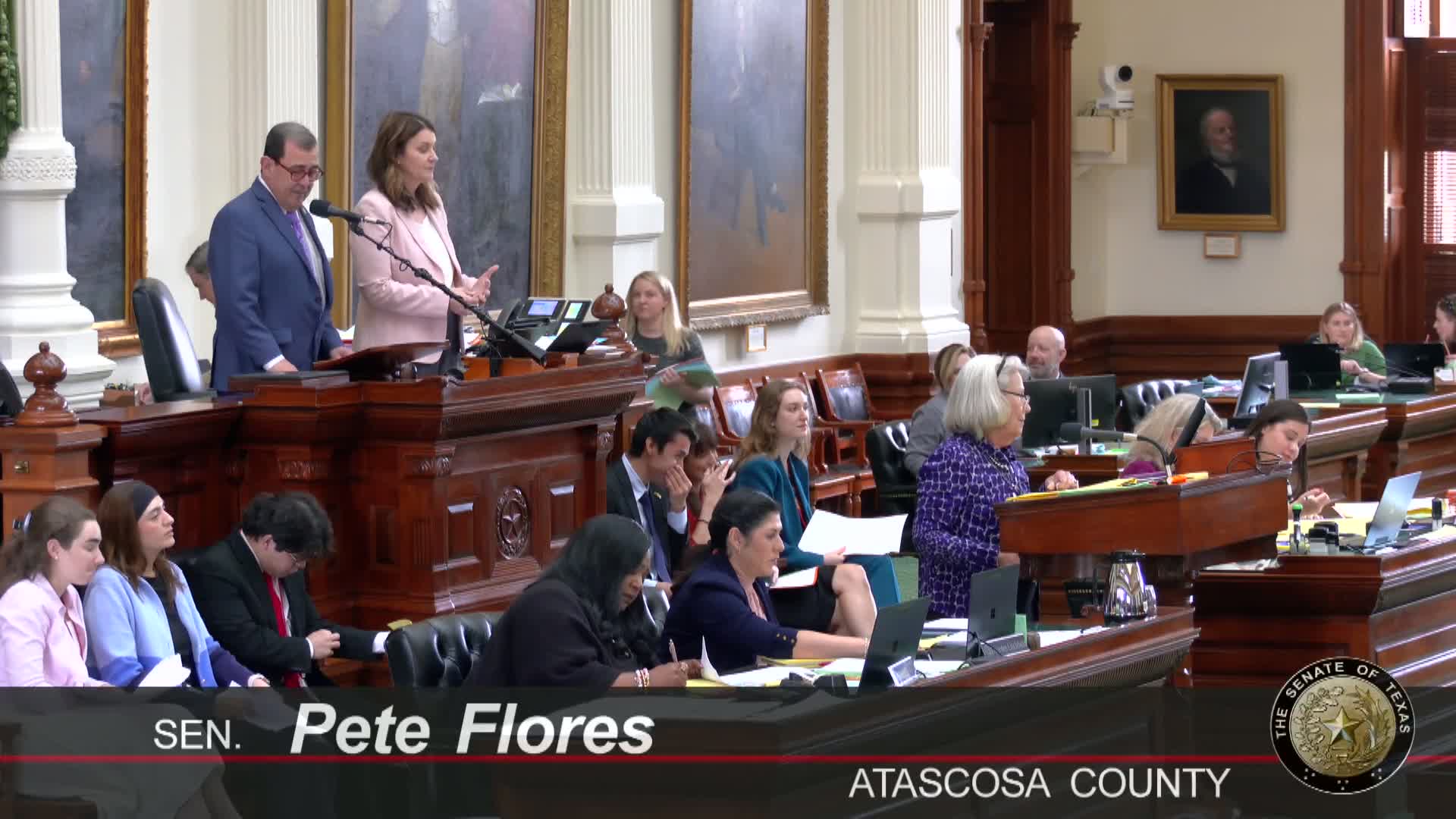
Senate passes bill to reform Texas Windstorm Insurance Association funding and board rules
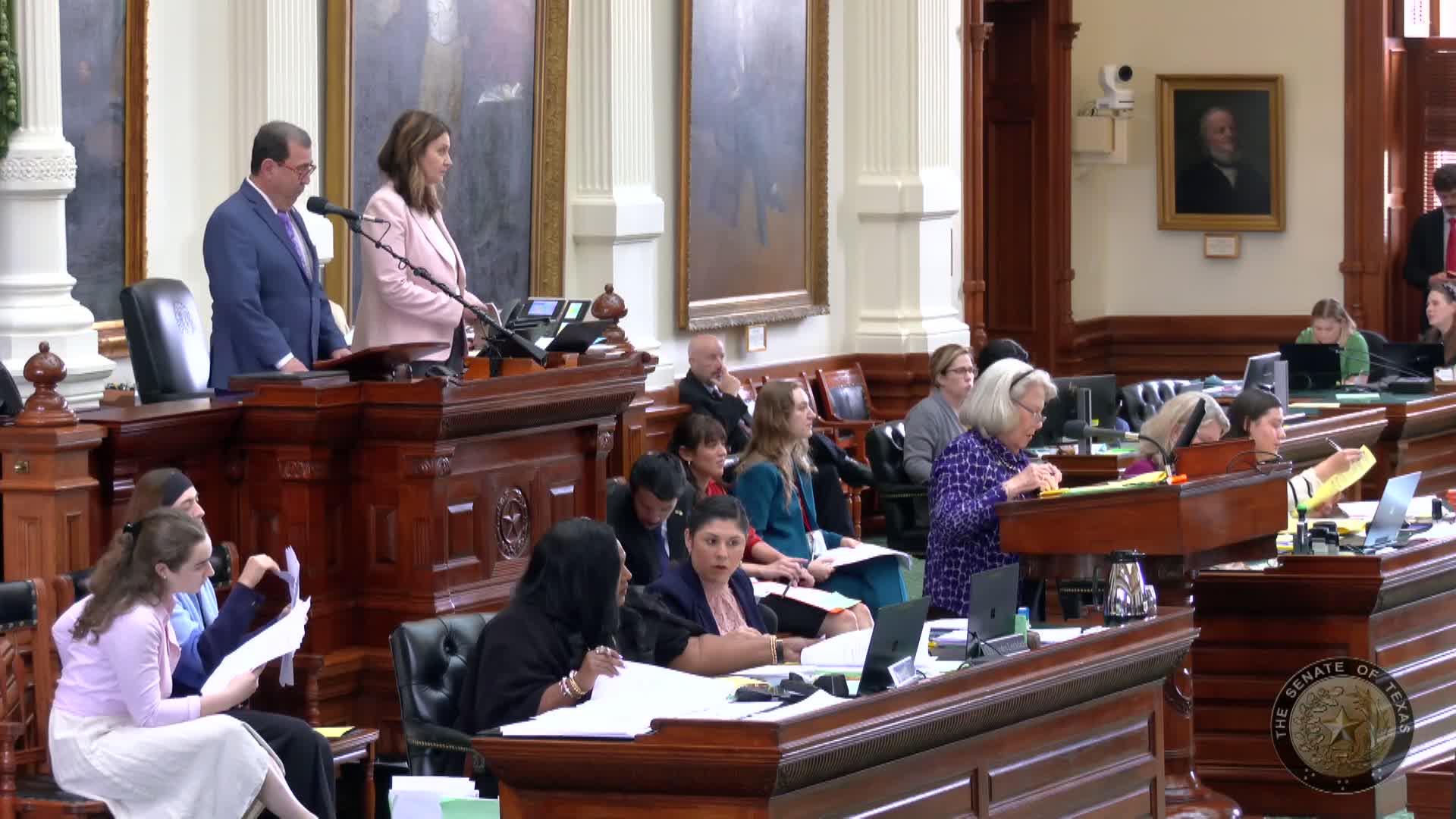
Senate advances rural medical access package, creates RAMP program and limits APRN delegation fees in small counties
